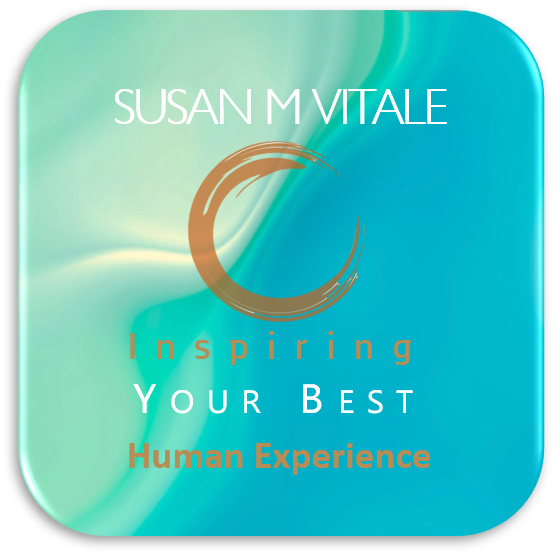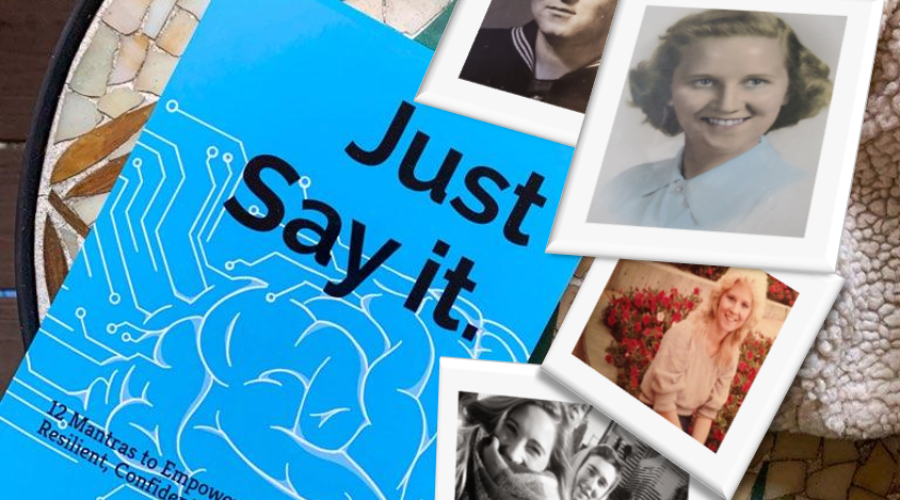My Why
Answering the oft-asked question: Why did you write Just Say It?
By Susan M Vitale
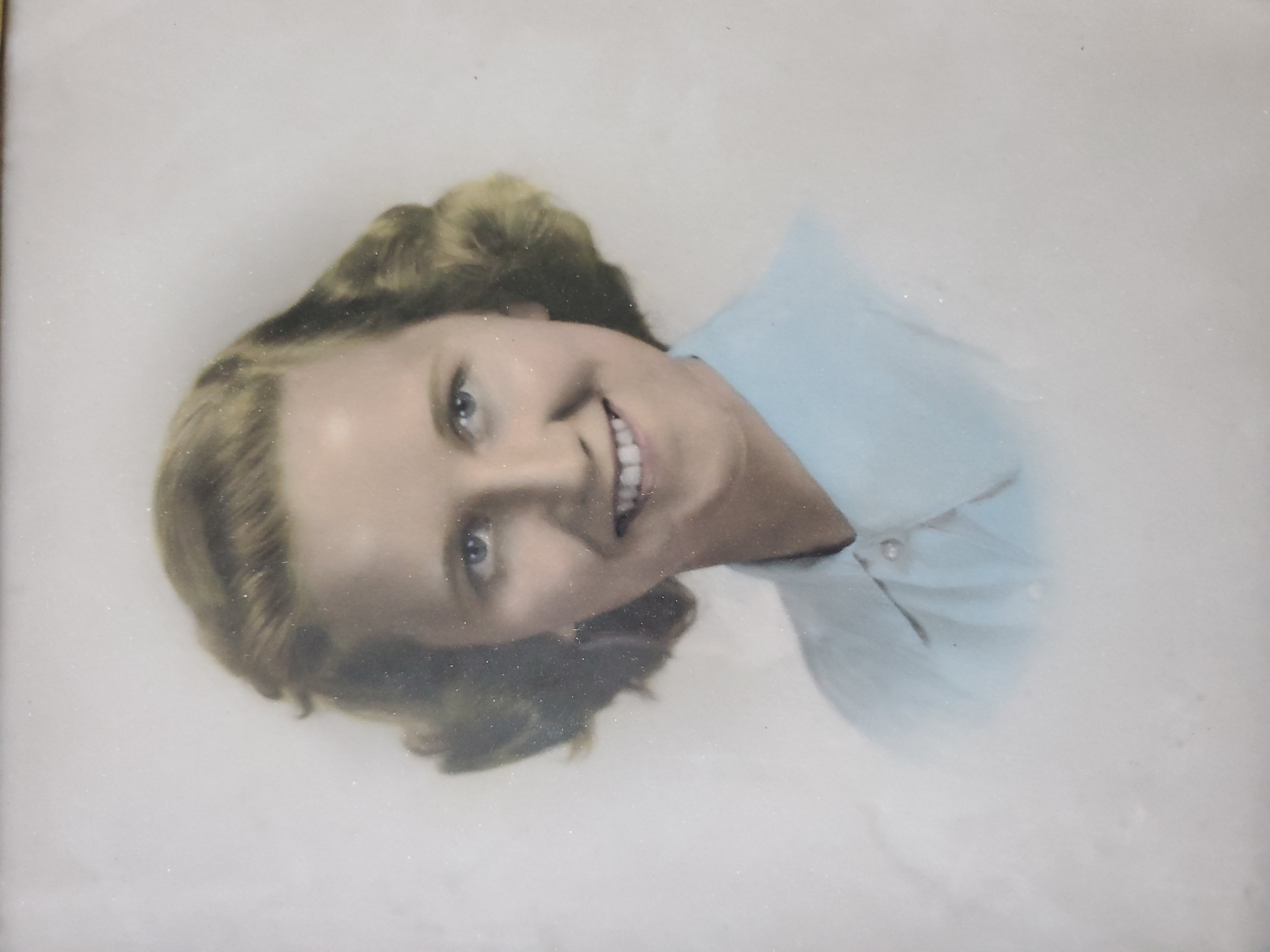
I’ve been asked frequently why I chose to write a book, and maybe too: why this book? I really gave some thought to the answer because I had so many reasons for writing Just Say It. The dedication and acknowledgments explain some of my desire to write, my love for words, and my mother’s influence as a journalist, librarian, and general word-o-phile, If that’s even a thing. (Okay, it’s really logophile, but that’s not the point of this.)
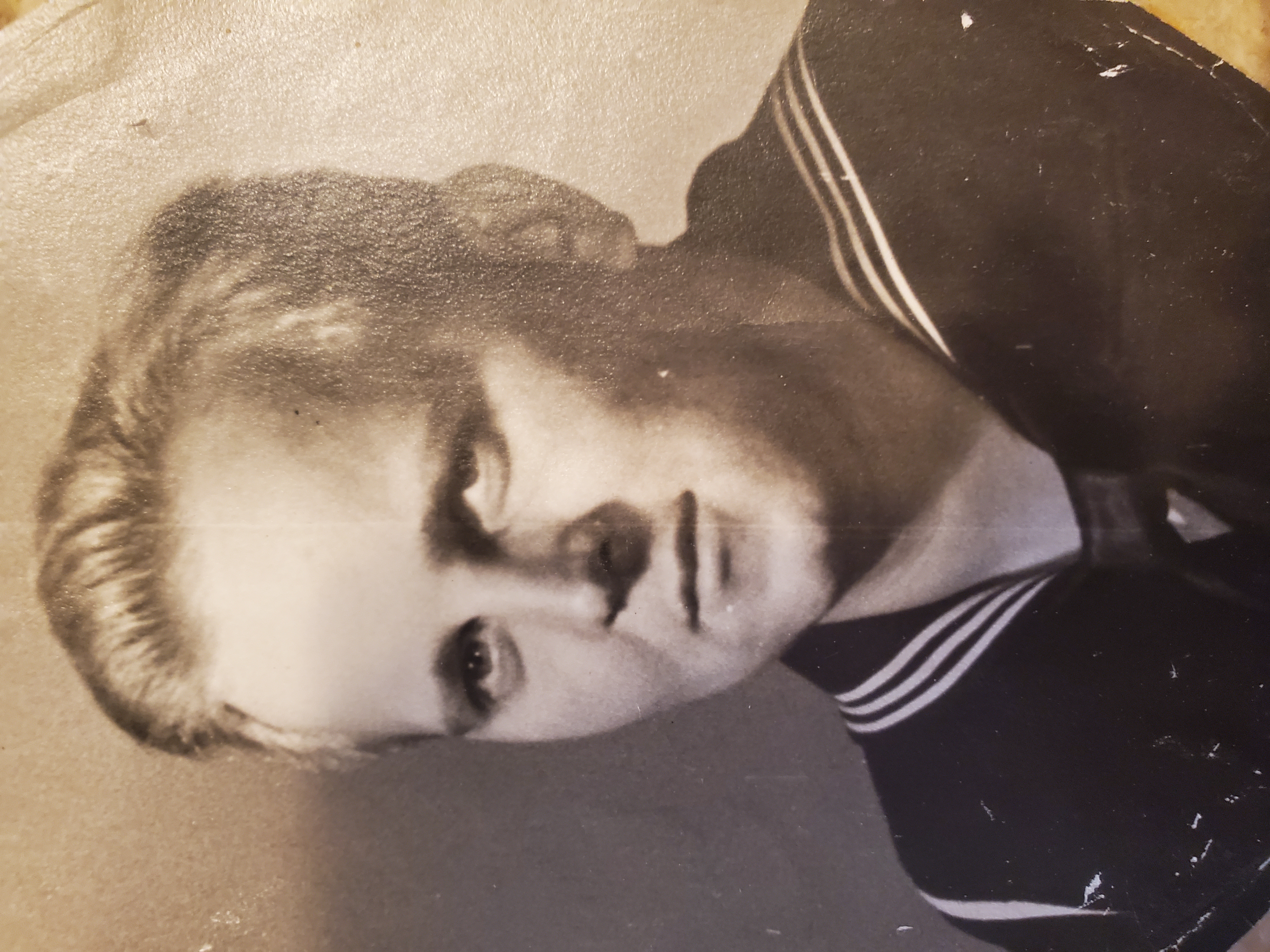
What I don’t say in the dedication is that my mother also struggled with mental health issues for my (well, her) entire life. Among other challenges – diagnosed and not – she wrestled with depression, paranoia, and symptoms that made me think of OCD, although I was too young, too close, and certainly not expert enough to be sure. In fact, we have a family legacy of mental illness that has been a constant companion to me as I’ve navigated my life — at times looking over my shoulder for signs of its lurking presence. My mother’s brother died by suicide in his twenties. By all accounts, he was a fun-loving and creative genius of a man. Although I never knew him, her stories gave me a clear sense of the silent battle that he fought every day after returning from serving as a peacekeeper in a devastated Nagasaki at the end of WWII. Despite years of military service, the battle he ultimately lost was at home, with what we now call PTSD. So, I wrote Just Say It to heal old wounds that, while not precisely mine to heal, the vestiges of their pain echoed throughout my childhood.
All that history, that deep knowledge of sadness, anxiety and suffering that seemed to live in my cells from before I was born, set the stage for my interest in mental wellness. It fed my desire to equip everyone, but young people particularly, with tools to navigate life from a place of self-worth and even, self-love. When I started writing Just Say It, I researched the statistics on youth mental health. I won’t dive deep into the data. Suffice to say they took my breath away, and yet, I was not entirely shocked by what I discovered.

You see, I was already schooled in the reality of youth mental health stats in my roles as “Mom”, “Auntie”, and even “Mama V” (to my kids’ friends). First-hand, I saw how pervasive issues of depression, anxiety, and hopelessness have become among our young people. I witnessed how pre-teen suicide can turn a family, a group of innocent friends, and a community upside down. I observed how the pressure to perform and compete can crush and paralyze little psyches. I saw how addiction can hobble a person and how, when even the brightest and bravest fighters lose their footing, the ground shakes for everyone in their corner. I long ago stopped counting how many young people I know relied on prescriptions to manage anxiety, combat depression, and function in an ultra-competitive and often judgmental world with learning disabilities. To be clear, I understand the essential role medication plays. I saw my mom’s behavior on it, and not, and even at a young age, I understood the difference. So, my decision to write a self-growth book are not pro- or anti-med commentaries at all! I also know, as I describe in the book, that medication is often not the complete answer. Medicine provides a key to open the door, but one still needs to develop the skills to walk through it.
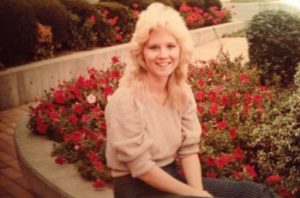
If I’m purely and truly honest, I also wrote Just Say It for me. I wrote it for the teenaged me who had to search hard to find her self-worth in a turbulent household. I wrote it for the college me who had to dig deep most days to do what was required, and often felt my faint hold on my self-worth slipping away. I wrote it for the 20-something me who finally realized that if I was to maintain my self-worth, I had to walk away from the career for which I’d worked long and countless hours, to begin working – again – toward the one for which I was meant. I wrote it for me in my 30s because that’s when I learned there’s nothing like parenting to challenge my worthiness daily. I wrote it for me in my forties when I realized if I didn’t reclaim my worth and renegotiate my relationship with stress, I likely wouldn’t see the next decade. And finally, I wrote it for the 56-year-old me who must remind myself regularly that if I don’t put me first, I’m not much worth to anyone else.
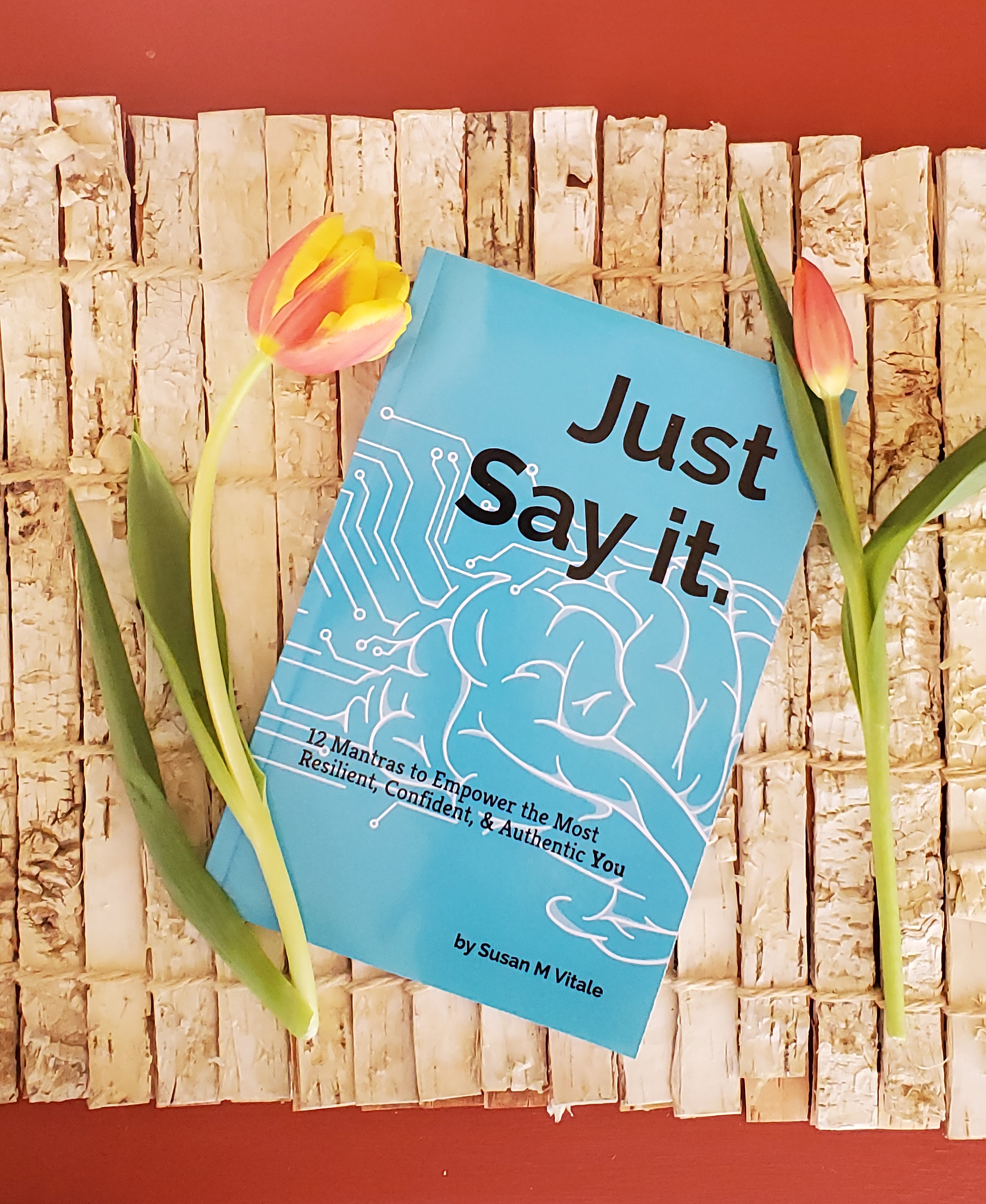
Most authors will tell you that writing and publishing are about 180° out from a get-rich-quick scheme. So, no, I didn’t write Just Say It to earn money. I have Covid to thank because the brief slowdown in my consulting practice liberated me from the sometimes-breathless pace that comes from living by billable hours. It allowed me to complete the book, my labor of love, and push and push and push until it was birthed. For that spaciousness, I am immeasurably grateful. I’ve long said I’d rather the book be some people’s best friend than everyone’s bestseller.
On the topic of my work, not a day goes by that I don’t acknowledge how lucky I am that what I do both fills my soul and our coffers. I am grateful that I get the chance to do something I love and, maybe, make a difference in people’s lives while I’m at it. In fact, another incentive for writing Just Say It came from the thousands of people who’ve crossed my professional path as a consultant, coach, speaker, and educator in the last almost-30 years who asked – not for tactics and strategies to do their jobs better – but for my advice on how to navigate life in a way that left them feeling peaceful, confident, and valued.
So it’s a long answer…And I didn’t intend to write another book about why I wrote my book. But this retelling of all the reasons makes it clear why I struggle with a simple way to just say why I wrote Just Say It. Perhaps now I have one: “I wrote this book for my mother and for all the people who came before me, for my children and all the ones who come after me, and for everyone out there, right now, who sees a little bit of me in them and needs a guidebook to unearth their own, internal sources of confidence, resilience, and love.”
